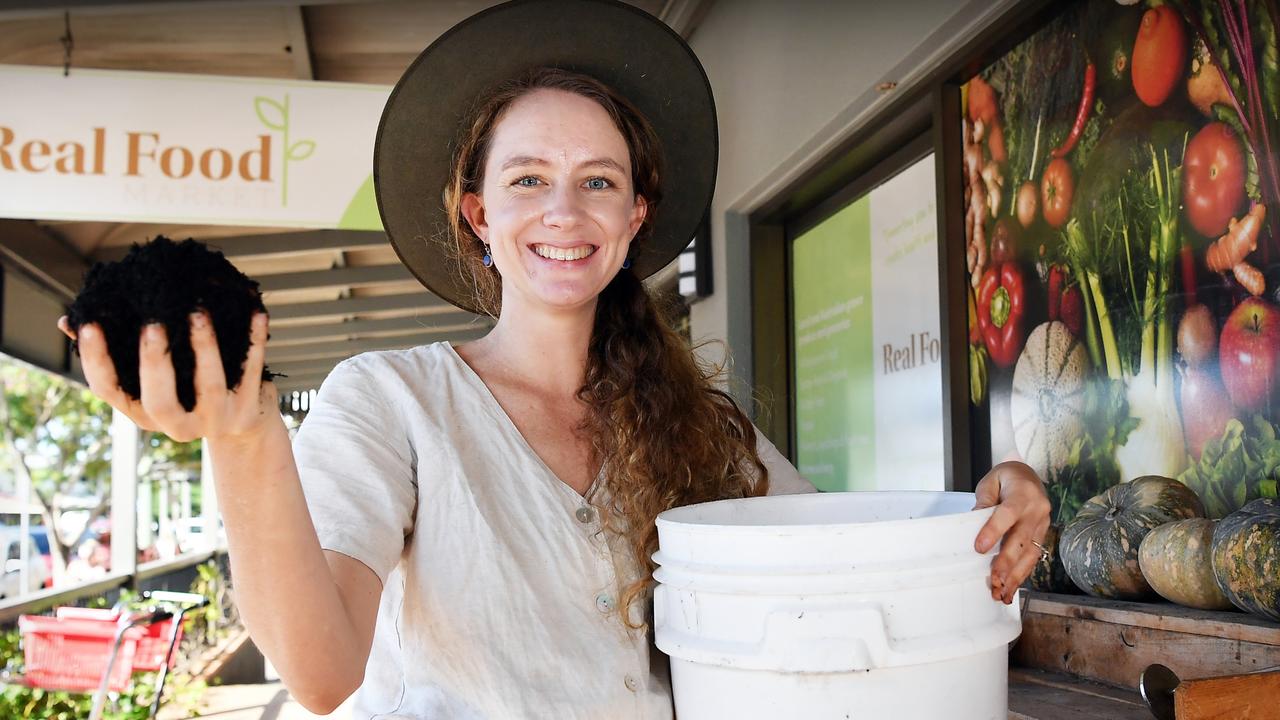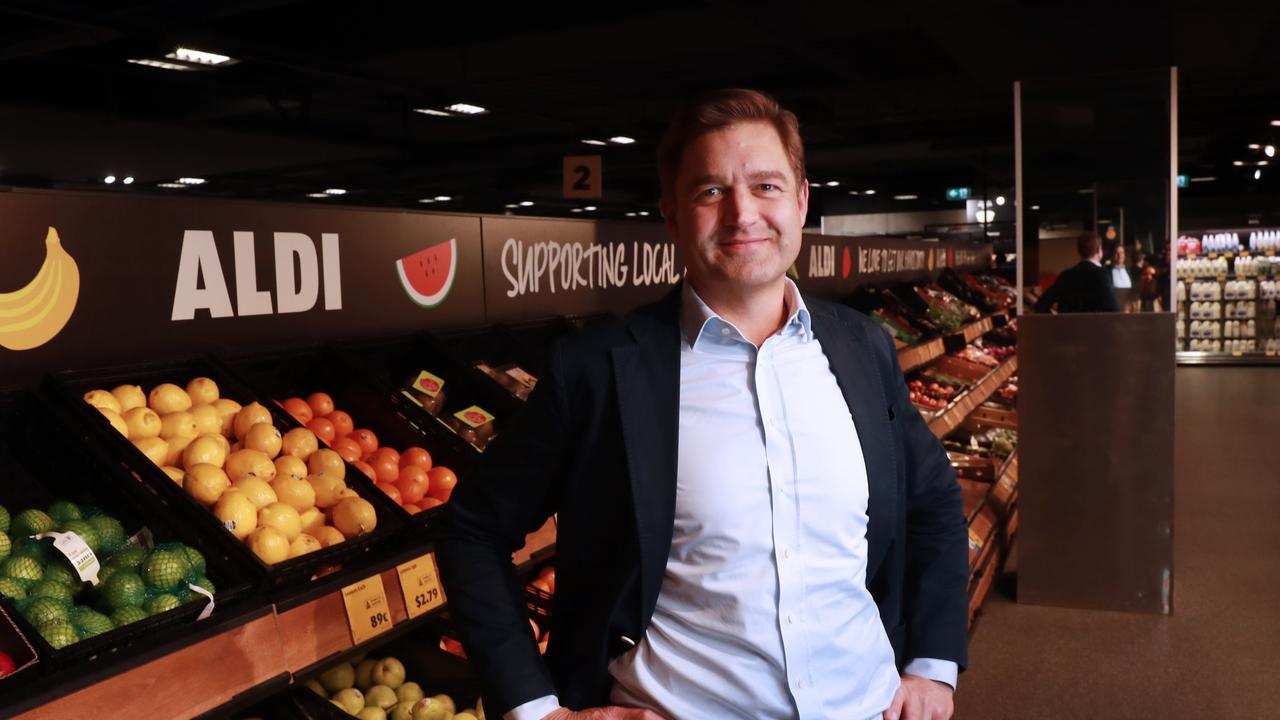New study finds Aussies more waste conscious after pandemic
A new study has shown we are more willing to find new ways to curb food waste following the pandemic and amid rising food prices.

As even the price of the humble spud skyrockets, Aussies are spending more time eating leftovers and less time taking out the bins.
Food waste continues to be a major modern issue, with almost 931 million tonnes of the stuff piling up each year globally at a cost of almost $100bn to the global economy.
But chucking out your expired milk, off cheese and last week’s stir fry isn’t just burning through your hard earned coin – food waste is a monstrous emitter of greenhouse gases, generating 8-10 per cent of global emissions, and a big driver of world hunger.
The good news is that the pandemic has forced us to take a second look at what we’re buying and what we’re throwing out.
A total of 72 per cent of consumers globally claim to have become more conscious about their level of food wastage, compared with 33 per cent pre-pandemic, according to a new study released by the Capgemini Research Institute.

In Australia, 61 per cent of consumers reported feeling guilty about wasting food, with 62 per cent wanting retailers and brands to do more.
The study also found a 80 per cent year on year growth in social media searching in Australia on how to increase the life of food items.
And a whopping 91 per cent of us prefer brands which reduce food waste and disclose it.
The 10,000-consumer-strong survey, which also examined 1,000 large organisations in the food manufacturing and food retail space, as well as experts from academia, organisational supply chains and startups, found we have become more aware of wastage and more eager to find solutions.
Michelle Grujin, vice-president consumer goods and retail at Capgemini Invent, said Aussie consumers could generate “huge savings” from taming our food waste habits while rescuing our environment.
“Every year, nearly 931 million tons of food is wasted, with 61 per cent of that waste occurring within the home,” she said.
“If food waste were a country, it would be the third-largest emitter of greenhouse gases globally, after the US and China.”
But handling the ballooning beast is a much bigger challenge than just saving the environment, Ms Grujin said.
“It could also have the potential of ending world hunger, with current studies indicating that reducing food waste by just 50 per cent could help us feed around 811 million people who are undernourished across the world,” she said.

The businesswoman and food waste expert said there were plenty of ways consumers could work to change their habits on waste.
“Adapting recipes with leftovers, using every bit of the produce in your dish, gathering more information on how to correctly store food, understanding dates on labels, composting and recalibration of refrigerator temperature are some of the things people can do to stop wasting food at home,” she said.
She also advised that people should be looking at what’s in the fridge and pantry before going shopping.
Ms Grujin said spending so much time at home over the past two years has led us to become more conscious of what we don’t eat.
“The pandemic has absolutely heightened our sense of collective responsibility, with socio-economic factors galvanising consumers’ resolve,” she said.
The supply of fresh food being impacted by events such as floods and labor shortages had also led the trend to snowball, she said.
“Its scarcity and rising cost is raising people’s awareness and emphasising how people use food.”

Ms Grujin said her team’s research also revealed a strong connection between food waste related initiatives and business benefits, advising that a reduction in food waste is good for business.
“One great initiative came from Aldi Australia in 2021 when it launched a new Market Buy range featuring seasonal fruits and vegetables with minor imperfections,” she offered, saying the move empowered farmers to sell more of their crops.
Savvy retailers wanting to prop up their brands in the eyes of consumers might look to upcycling foods, providing recipe ideas (on-pack or online) for leftover food or how to make the best use of the produce, Ms Grujin said.
Providing more clarity on expiration dates on labels and bringing in environmentally friendly packaging to maximise product life are other suggestions, she said.
“Globally, 57 per cent of consumers mention that one of the reasons they find it difficult to act against food waste is because product labels do not clearly indicate how to best store and consume food,” Ms Grujin said.
“Companies are also partnering with zero-waste apps to either donate surplus food or sell it at reduced prices, focusing on end-to-end use of produce.”




